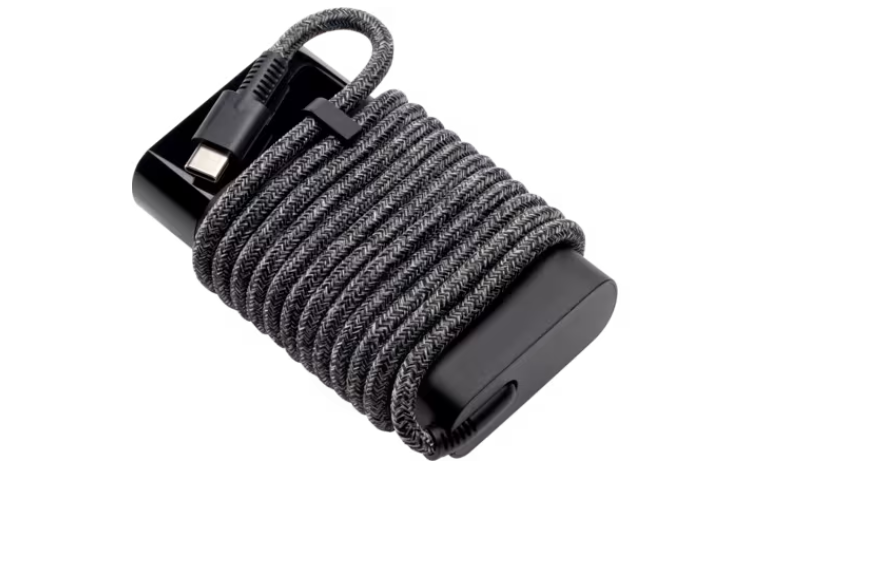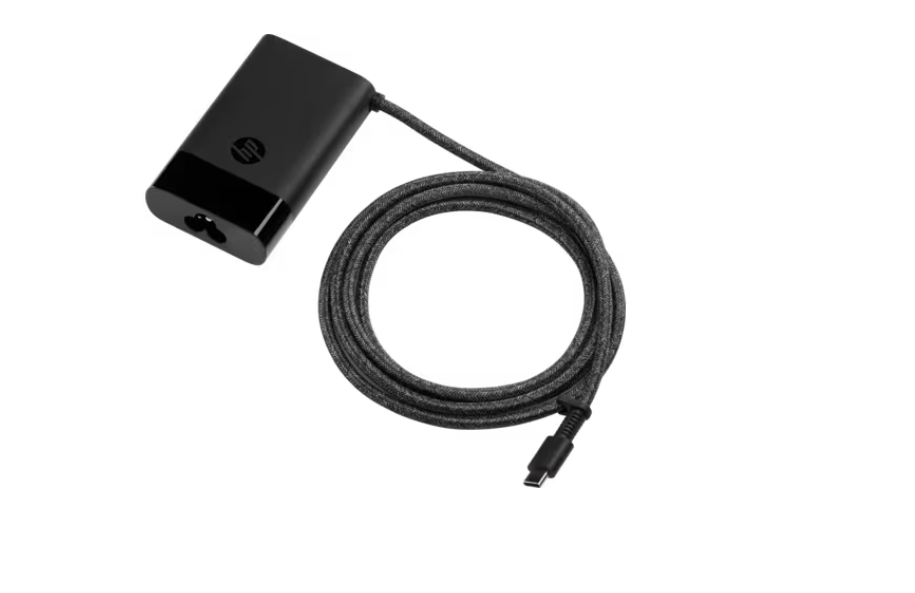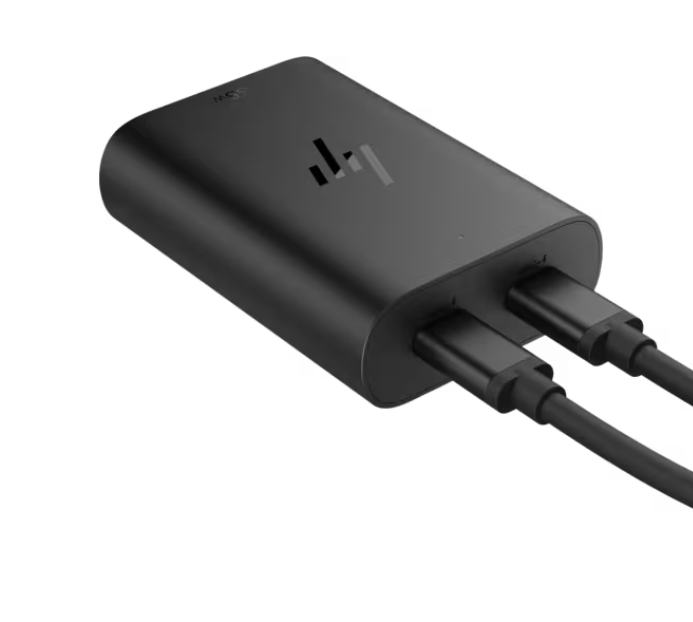For the legions of HP laptop users, the charger is the unassuming hero of power-on-the-go. It’s easy to overlook the role of your charger until you find its absence causes more inconvenience than you realize. This comprehensive guide provides a deeper look into the world of HP laptop chargers, revealing everything you need to know about selecting the right one, ensuring its longevity, and resolving any hiccups along the way.
The Silent Supporting Actor: Why Your HP Laptop Charger Matters
In the grand plot of laptop ownership, the charger often gets relegated to a background prop. However, its role is far too crucial to ignore. Consider the charger the umbilical cord that delivers the lifeblood to your tech; without it, your HP laptop is essentially just a metal slab. Choosing the right charger is not just about compatibility—it’s about ensuring the right balance of power delivery and device safety. Below are key areas to master for optimal charger selection and usage.
Types of HP Laptop Chargers You Need to Know
The Standard Chargers
Your bread-and-butter when it comes to HP laptops—these are the chargers that come in the box. They are typically reliable and match the energy requirements specified by your machine. Standard chargers are known for their compatibility and affordability, catering to the everyday user who primarily needs to keep their laptop charged in the comfort of their home or office.
Fast Chargers for the Efficient User
Fast chargers are the adrenaline shots of the laptop world. Built to charge your HP laptop faster than standard ones, they can be a lifesaver for those who are always on the move or need quick top-ups between meetings. However, the speed advantage often comes with a steeper price tag and can lead to additional heat generation, which users should be mindful of.
The Universally Compatible Chargers
The wanderer’s dream, universal chargers are designed to work with any HP laptop or any other device that requires a similar power input. Though they offer incredible versatility, ensuring compatibility is a must, and users may need to purchase additional tips or connectors to make them work. They also need proper wattage adjustment to match the laptop’s needs, otherwise, it could spell trouble for your device.
Features to Consider When Selecting Your HP Laptop Charger
Wattage and Voltage Requirements
Understanding your laptop’s energy appetite is crucial. Look up the wattage and voltage your HP model requires (this is generally found on the underside of the laptop or in the manual) and make sure any charger you consider matches these specifications precisely. Going overboard with wattage can lead to overheating, while underrating can result in a slow charge, or worse, damage to the battery over time.
Connector Types
There’s no one-size-fits-all when it comes to laptop chargers. Different HP models use different connector types. It’s essential to match the connector not just in form but in compatibility. Using an incorrect connector can damage both the laptop and the charger. Some HP laptops also use proprietary connectors which may not be found on universal chargers.
Cable Length and Durability
Short cables can lead to inconvenient socket-to-laptop distances, while long ones can clutter your workspace. Consider your usage environment and opt for a cable length that suits your needs. Durability is equally important since a worn or frayed cable is not just an inconvenience; it’s a safety hazard and a potential cause of device damage.
Tips for Proper Usage of Your HP Laptop Charger
Avoiding Overcharging
Leaving your laptop plugged in all the time can cause the battery to degrade faster. The ideal practice is a blend of charging and discharging, akin to exercise for the battery. While these modern lithium-ion batteries are much smarter than their older counterparts, they still appreciate a good workout.
Proper Storage and Maintenance
When not in use, store your charger in a clean, dry environment. Humidity can cause rusting or corrosion on the contacts, potentially leading to poor connectivity. If your charger uses one, ensure the winding mechanism of the cable is smooth to prevent unnecessary wear and tear.
Dealing with Tangled Cords
Cord management can be a hassle, but it’s worth the effort. Tangled cords are easily damaged, and it’s not just the outside you need to worry about. The copper inside is crucial for conducting electricity. A kink or break in a wire can lead to inconsistent and potentially dangerous power delivery. Simple practices like using clip-on cable wraps or keeping the charger in a dedicated sleeve can greatly extend its life.
Troubleshooting Your HP Laptop Charger
Overheating
If your charger or laptop gets unusually hot during charging, it’s a sign of trouble. It might not be a charger issue per se—heat can also be the laptop battery’s way of telling you it’s nearing the end of its usable life. Ensure the cooling vents are clear, the charger isn’t obstructed, and the charger supply isn’t plugged into a faulty or overloaded power outlet.
Charging Failure
A charger that isn’t charging might have signal drift, resulting in a poor connection. Check all points of contact for debris or damage. If the charger looks fine, the issue could be with the laptop’s charging port or the battery. In such cases, it’s best to have your laptop and charger looked at by a professional.
Frayed Cables
A serious safety hazard and usually a sign that a charger’s end is near. A frayed cable means it’s time for a new charger as using this one could lead to electrical shorts or sparks. Remember, any electronics involved in a spark show should be the kind you watch on the big screen, not in your living room, as that’s a risk of fire.
In Conclusion
A reliable HP laptop charger can be the difference between a smooth day of work and a sudden technological crisis. Taking the time to select, use, and maintain your charger not only saves you time and money but ensures the longevity of your laptop and your safety. Remember to choose the right charger for your HP laptop model, and use it correctly to avoid damage to your laptop’s battery, and address any issues with proper troubleshooting. Your charger is an investment in your laptop’s future; take care of it, and it will take care of you.






Pingback: Ultimate Guide to Choosing best HP Laptops in 2024